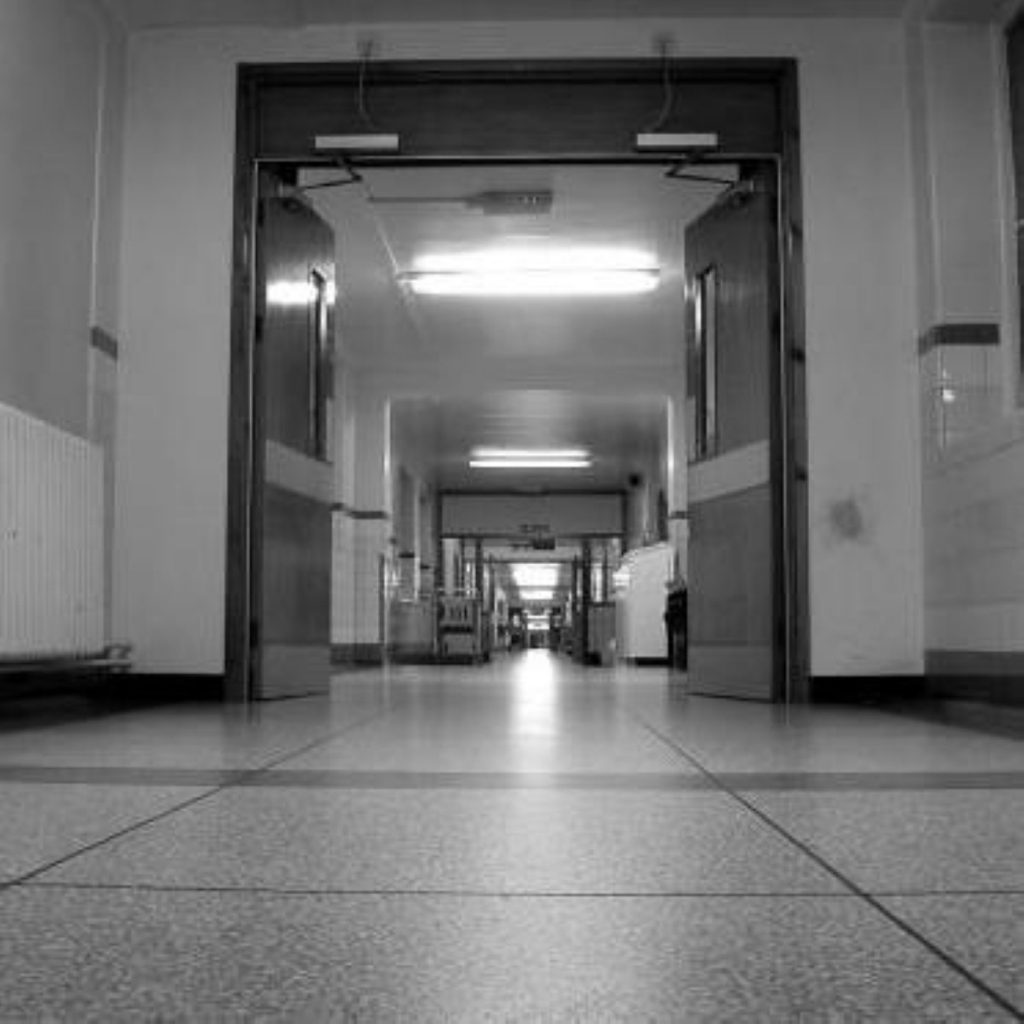Experimental CJD drug ‘helps’ patient
Doctors believe that a last ditch treatment, administered in an attempt to prolong the life of a 19-year-old with vCJD, may have helped slow the progress of the degenerative disease.
Jonathan Simms, from west Belfast, had been given only months to live before the experimental drug pentosan polysulphate (PPS), a blood-thinning compound, was injected into his brain last year.
He was an A-Level student and promising international schoolboy footballer when he was struck down by the human form of BSE two years ago.
World experts meeting today to review the initial results of the treatment said that the drug appears to be safe and might have improved his condition.


Jonathan’s father Don organised the meeting of leading scientists and neurologists to demonstrate how Jonathan had responded to the unprecedented treatment.
No other treatment has yet been shown to cure or even slow the progression of vCJD in victims and, until now, the disease has invariably proved fatal.
Jonathan’s father launched a High Court battle to allow the experimental drug to be used on his son. However, the teenager had already suffered extensive brain damage by the time the drug was administered eight months ago.
Dame Elizabeth Butler Sloss eventually gave the go-ahead for Jonathan to be used as a test subject for the treatment and it was injected directly into his brain shortly after the verdict was announced.
Jonathan is bedbound and severely physically disabled. He has to be fed via a tube in his stomach and requires round-the-clock care.
His condition is unlikely to fully reverse, but doctors familiar with his case say that his progress had been encouraging and he has regained the ability to swallow. His parents claim he is also more alert.

